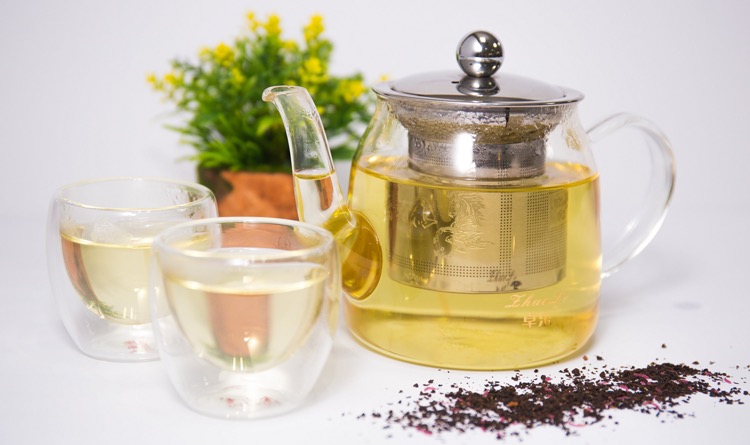
In the vibrant tapestry of African culture, traditional herbal remedies have long held a revered place for their healing properties. Today, as the world seeks natural alternatives, more people are rediscovering the therapeutic benefits of herbal teas derived from indigenous herbs.
There has been an emergence of the commercialization of these indigenous herbs over the last few years in Africa. One Nigerian brand setting the standard and pace is Wholeeats Africa. Its sub-brand, Meditea, provides a range of 12 herbal teas with a variety of options. If you’re a fan of the mild taste of rooibos, for instance, you might like Meditea’s Lemongrass tea. It boasts of benefits ranging from stress and anxiety relief, alleviating headaches to promoting sleep.
If you’re a tea girl, you probably have a routine. But do you know about the wide range of local herbs available to you? If tea is not your thing but you’re interested in introducing it into your routine for its benefits, you should know that there are options and other forms of enjoying them. You can have them, cold or hot, in the mornings, evenings or throughout your day.
Below is a list of herbal teas we’ve compiled for you to consider.
Rooibos
Rooibos, an herbal gem that hails from South Africa and a personal favorite, not only delights the taste buds but also offers a plethora of health benefits. Packed with antioxidants, it’s believed to promote heart health and contribute to radiant skin, making it a staple in the clean lifestyle repertoire. One amazing feature of rooibos is that it’s naturally caffeine-free, which makes it a safe beverage for children. It can be taken as a cold drink flavored with honey and other spices to achieve your desired flavor.
Baobab
Another mighty herb to look out for is baobab. Rich in antioxidants, its leaves create a tea that may aid digestion and boost immune health. Sip on baobab tea to harness its potential healing powers and indulge in its unique flavor profile.
Moringa
Now, what about the drumstick tree? You might commonly know it as moringa, which is a powerhouse of nutrients. When its leaves are transformed into tea, it becomes a rejuvenating beverage that supports overall well-being. It’s believed to possess anti-inflammatory and detoxifying effects.
Hibiscus
Who doesn’t love zobo or sobolo? Known for its vibrant red hue, hibiscus tea is a floral infusion that captivates the senses. This herbal delight can potentially lower blood pressure and contribute to overall cardiovascular health. Drink it hot or cold, with or without sweetness and it’s still a hit.
Ginger
This is one spice that can be found in almost every African woman’s kitchen, if not all. Easily spice up your tea routine with the warming essence of ginger. This herb has been celebrated for its anti-inflammatory properties, adds a zing to your brew while potentially aiding digestion and soothing common ailments.
Soursop
Last but not the least is soursop. Derived from the soursop fruit, this herbal tea is known for its potential cancer-fighting properties. Consider soursop tea not only for its unique taste but also for the holistic well-being it may offer.
Incorporating these herbal teas into your daily routine not only connects you with your African traditions but also promotes a clean and natural lifestyle. It’s important to note, though, that some of these herbal teas may not be safe for pregnant women, breastfeeding women or women trying to conceive. It is best to conduct your research and determine what works for you or consult with your physician for guidance.
This article is meant to be a guide and must not be substituted for professional medical advice.






